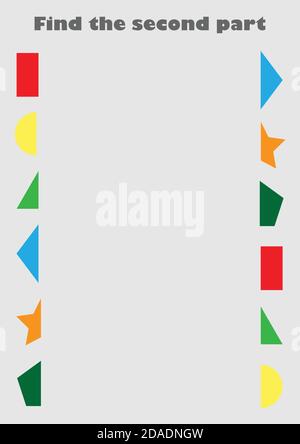In today's digital age, the significance of early childhood education cannot be overstated. As families becoming busier and technology growing more integral to daily life, preschool educational platforms are arising as valuable tools in supporting a child's growth and progress. Such platforms provide interactive and enriching experiences that can supplement traditional learning methods, making education far accessible and enjoyable for young learners.
The value of preschool educational platforms lies in their ability to merge play with learning, creating an environment where children can explore and uncover new concepts at their own pace. By leveraging the power of technology, these platforms create captivating experiences that captivate young minds, encouraging creativity and curiosity. As parents and educators recognize the advantages of integrating these tools into early education, it becomes clear that they play a crucial role in molding the future of childhood learning.
The Role of Play in Early Childhood Education
Play is a key aspect of young childhood education, offering children a natural way to discover their environment and develop essential skills. Through play, children engage in tasks that spark their creativity and imagination, allowing them to experiment different concepts and ideas. This interactive approach fosters cognitive development as children learn analytical skills, critical thinking, and how to navigate social interactions.
In addition, preschool educational platforms often incorporate play into their curriculum, using games and engaging activities to enhance learning. These platforms provide a secure space for children to practice new skills and receive immediate feedback. By combining educational content with play, children are more likely to remain engaged and motivated, making the learning process pleasurable and effective.
Social-emotional growth is another important component impacted by play in early childhood education. When children engage in play, they learn to communicate their feelings, work together with peers, and resolve conflicts. Preschool educational platforms that foster cooperative games and activities encourage this interpersonal development, fostering a sense of belonging among young learners. By emphasizing play, these platforms support a well-rounded approach to child growth, addressing cognitive, social, and emotional needs at the same time.
Benefits of Educational Platforms for Early Learners
Early childhood educational platforms offer a varied range of learning experiences that cater to different learning styles. Through engaging games and fun activities, these platforms keep preschool-aged children motivated and excited. The ability to incorporate multimedia elements such as films, melodies, and animations allows children to explore subjects in a vivid way, encouraging exploration and innovation. This variety promotes a love for learning, inspiring children to explore knowledge beyond the conventional classroom setting.
Another significant advantage is the customized learning experience that many educational platforms offer. By employing responsive technology, these platforms can assess a child's advancement and customize activities to match their unique needs. emmi.com.mx individualized approach helps children develop at their own pace, strengthening their strengths and addressing areas where they may need additional support. As a outcome, children gain confidence in their capabilities and are more likely to participate with the lessons.

In addition, preschool educational platforms can enhance interpersonal and emotional competencies through cooperative learning settings. Many platforms facilitate group tasks or allow children to discuss their successes with friends. This collaboration not only fosters teamwork but also builds communication skills and empathy. As preschoolers start to work together and assist one another, they develop essential interpersonal abilities that are vital for their progress and subsequent classroom performance.
Evaluating Growth: Victory Tales and Outcomes
The impact of early childhood educational platforms can be seen through a number of victories. Children who engage with these platforms often show remarkable improvements in foundational skills such as reading skills and math skills. For example's sake, a recent study highlighted a group of preschoolers who utilized an engaging reading app. Over the course of several months, their vocabulary increased significantly, and they developed a enthusiasm for reading that carried over into their home environment. Parents noted a change in their child's confidence and zeal towards learning, proving that initial engagement to educational technology can foster a supportive attitude towards academics.
Moreover, social and emotional growth is just as significant. Many preschool educational platforms feature features that promote social interaction and team-based learning. For instance, a platform that incorporates collaborative games has aided children build cooperation and communication skills. Testimonials from educators show that children who took part in these activities exhibited a significant increase in their ability to interact with peers and share ideas. This social learning aspect is vital at this developmental stage, as it readies children for upcoming group settings in both academic and personal contexts.
Finally, the data related to these outcomes confirms the expanding adoption of preschool educational platforms. Analytics from multiple programs reveal that children using these platforms consistently outperformed their peers on readiness assessments. Teachers who incorporated these tools into their classrooms reported better levels of participation and curiosity among students. The tangible benefits noted strengthen the notion that preschool educational platforms are not just supplementary tools, but integral components of modern early childhood education.
